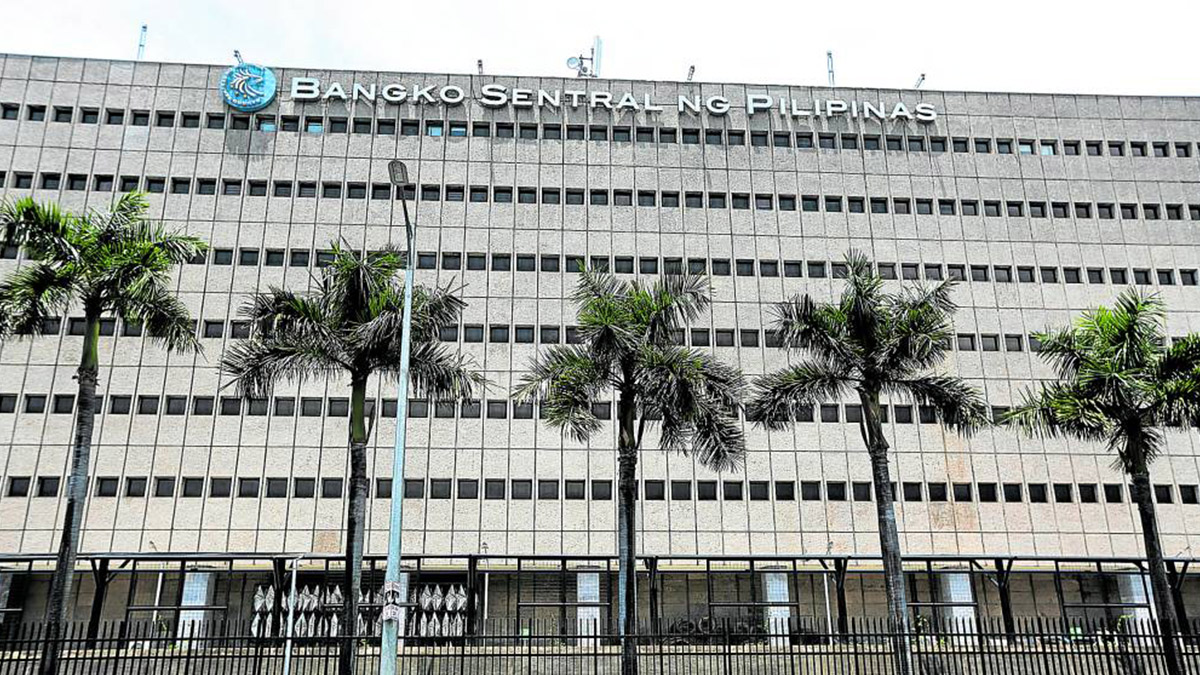PH dollar surplus at nearly 4-yr high of $3.5B in September
The Philippines posted its biggest dollar surplus in almost four years in September, on the back of hefty inflows from fresh foreign borrowings of the government and earnings of the Bangko Sentral ng Pilipinas (BSP) from its investments abroad.
The country’s balance of payments (BOP) position recorded a $3.5-billion surplus in September, a reversal from the $414-million deficit posted a year ago, the BSP said in a report.
This gave the Philippines a BOP surplus of $5.1 billion in the first nine months of 2024, which already breached the BSP’s forecast of a $2.3-billion dollar windfall for the entire year.
The BOP summarizes an economy’s transactions with the rest of the world during a certain period.
Better shape
A surplus arises when more foreign funds entered the economy against those that left during a period, giving the country more dollar resources that it can use to transact with the rest of the world. A deficit means the reverse happened.
Figures showed the September BOP surplus was the largest since the $4.2-billion windfall seen in December 2020. Back then, the Philippines saw a record-high BOP surplus of $16 billion in 2020, but for the bad reason that the government accumulated more foreign debts to fund its costly pandemic response, while a virus-led recession crimped demand for imports.
But things are different this time around as the local economy and the rest of the world are now in a better shape. The BSP said the big dollar surplus in September stemmed from the recent global bonds sale of the Marcos administration, which deposited proceeds amounting to $2.5 billion with the central bank.
Record-high reserves
The BSP also made a killing with its investments abroad, contributing to the big BOP surplus during the month.
Overall, the central bank said the BOP position in September translated to a gross international reserves (GIR) of $112.7 billion, an all-time high.
The BSP’s reserve assets consist of foreign investments, gold, foreign exchange, reserve position in the International Monetary Fund and special drawing rights. As the term connotes, the GIR serves as the country’s buffer fund in extreme economic conditions when there are no export earnings or foreign loans.
By convention, GIR is viewed to be adequate if it can finance at least three months’ worth of the country’s imports of goods and payments of services and primary income. The BSP said the amount of buffer funds as of September can cover 8.1 months’ worth of imports.

